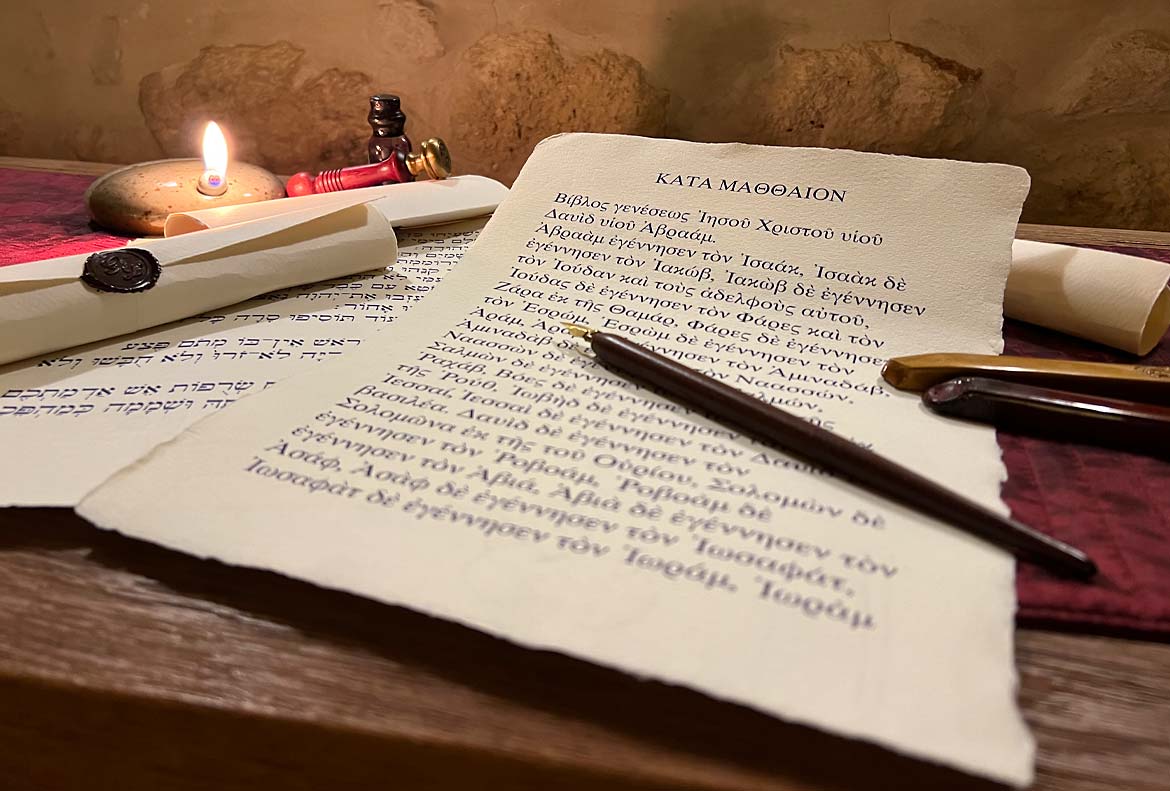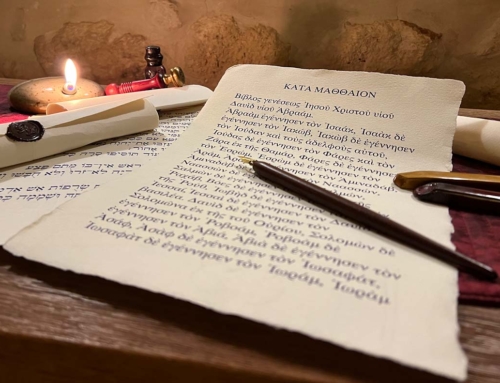3rd SUNDAY OF EASTER (A)
Sunday 23 April 2023
Lk 24:13-35
“Then one of them, whose name was Cleopas, answered him, ‘Are you the only stranger in Jerusalem who does not know the things that have taken place there in these days?’ He asked them, ‘What things?’ They replied, ‘The things about Jesus of Nazareth, who was a prophet mighty in deed and word before God and all the people, and how our chief priests and leaders handed him over to be condemned to death and crucified him. But we had hoped that he was the one to redeem Israel. Yes, and besides all this, it is now the third day since these things took place. Moreover, some women of our group astounded us. They were at the tomb early this morning, and when they did not find his body there, they came back and told us that they had indeed seen a vision of angels who said that he was alive. Some of those who were with us went to the tomb and found it just as the women had said; but they did not see him.’”
(Luke 24:18-24)
At the end of his Gospel, Luke the Evangelist tells us of an encounter that happened three days after Jesus’ death, between the Risen One and two people who were heading towards the village of Emmaus. While the two were in conversation, Jesus draws close to them. He appeared in person but they didn’t recognise them, because “their eyes were kept from recognising Him”. Despite the pair talking about what had happened to Jesus in Jerusalem over the past few days, it is curious that they aren’t able to recognise Him! Anyway, the pair try to inform this “pilgrim” who is leaving the Holy City. While doing this, they can’t hide their state of mind and soul. The Gospel says that they “looked sad”. The pair recognised that Jesus had been a prophet, powerful in both words and deeds before God and the entire people, which obviously included themselves. They are conscious of the fact that Jesus was an out-of-the-ordinary individual, someone exceptional (to say the least)… but there is something that prevents them from recognising Him, even though they were looking directly at Him. In the original Greek, elpìzomen is the key word which reveals the cause of their blindness. The Evangelist uses the imperfect tense, indicating a continuous action in past tense: we HOPED! We hoped up to a certain point, then… nothing, enough! The death of Jesus had put an end to their hope, despite what He had done and said previously.
But the same happens to us. It isn’t enough just to recognise Jesus as an exceptional person, even a person sent by God. We need to become witnesses to His resurrection! We mustn’t ever lose hope, even when death comes into play. Death no longer has the final word! If we lose hope we no longer recognise the Risen One. In fact, hope is expectation which encapsulates desire and trust. An excellent method to recognise the Risen One in the details of our life is to nourish our hope through the reading of God’s Word!
Fr. Giuseppe








